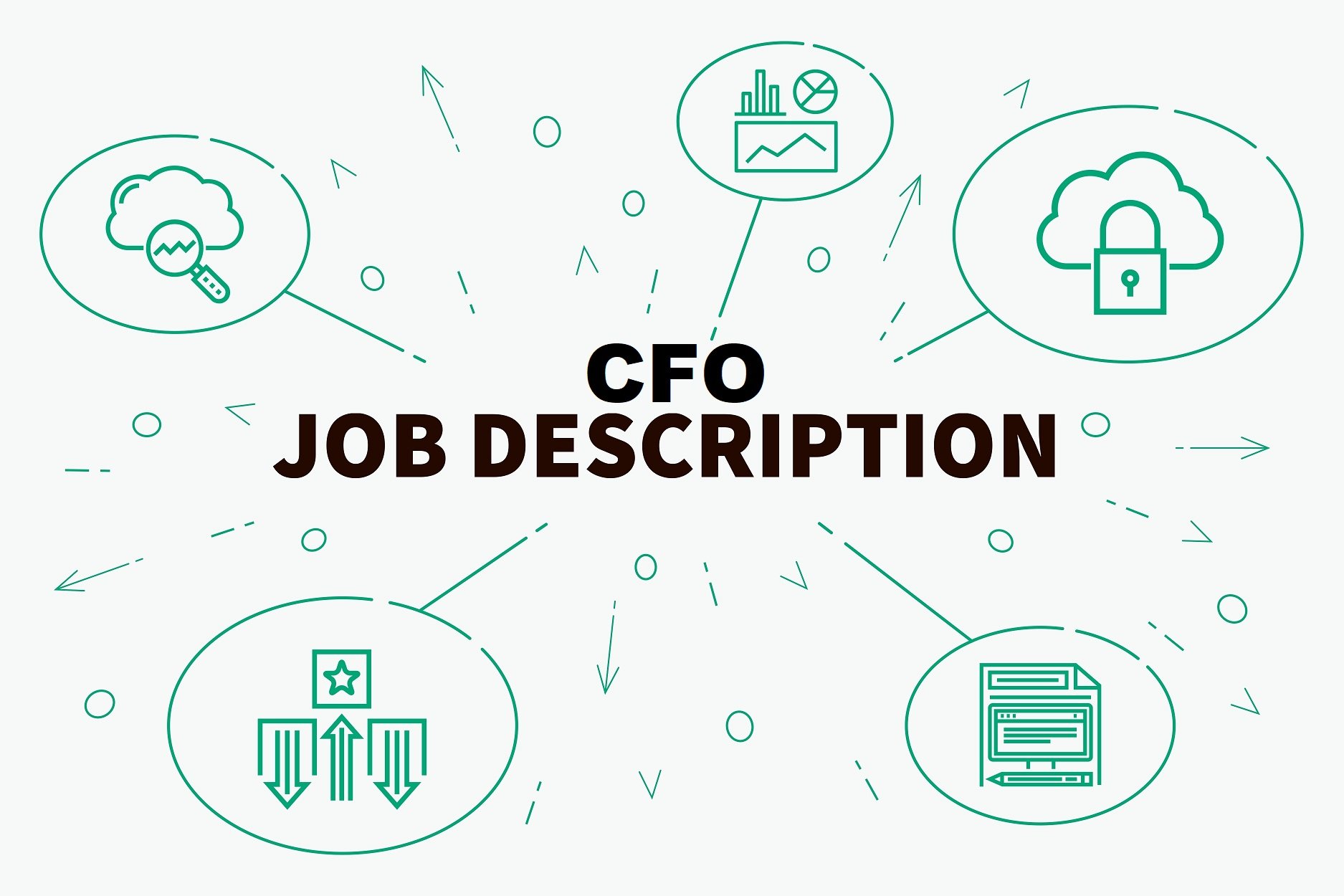Today’s top CFOs are vastly different than their predecessors because the CFO role itself has changed so dramatically over the last few decades. What used to be a strictly numbers-based executive financial role, has now evolved into a pivotal leadership position that touches numerous areas of the company including HR, IT, operations, manufacturing, sales, and marketing. And this sweeping change has ushered in a shift in what is expected of a CFO’s skillset as well.
The most salient difference is how today’s CFOs are required to utilize technology. CFOs are expected to be well versed in technology options for streamlining operations, meeting business needs, informing strategic decision making, and maximizing growth. As a result, tech proficiency has become the single most newly sought after skill when hiring a new CFO.










